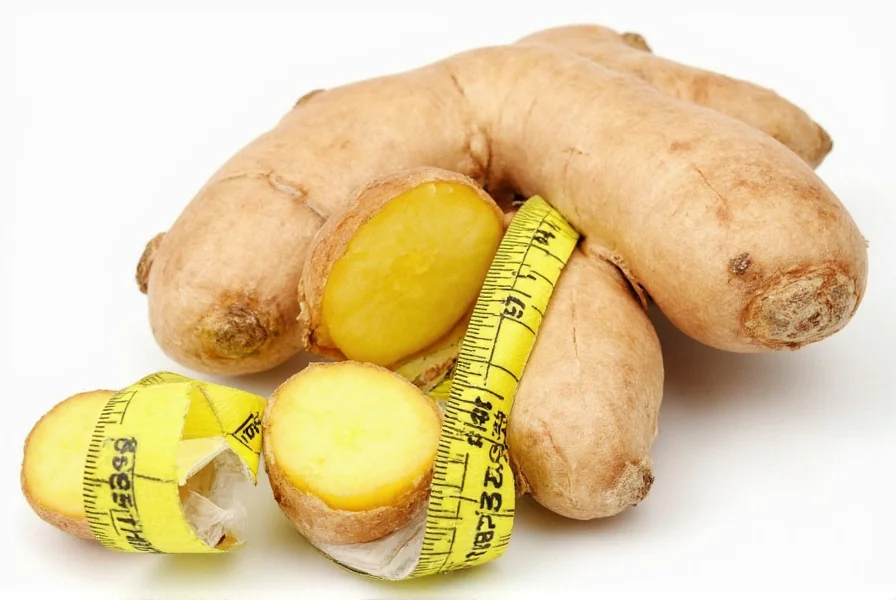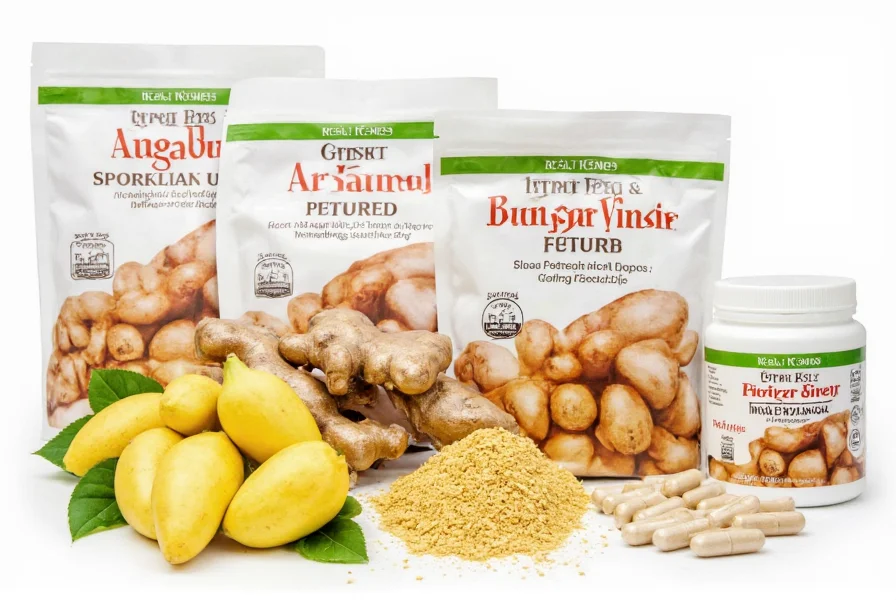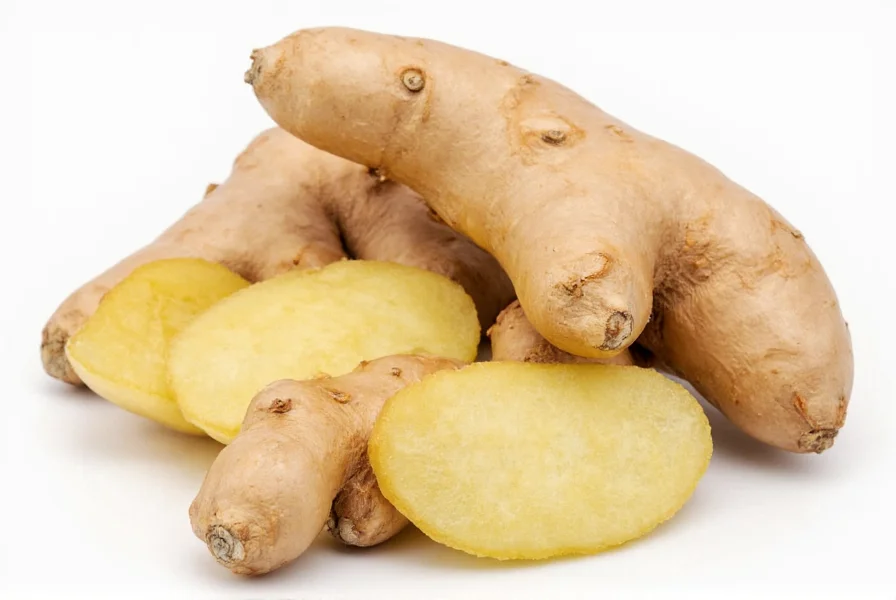For individuals exploring natural approaches to blood pressure management, ginger root presents an intriguing option supported by growing scientific interest. Research indicates that the active compounds in ginger, particularly gingerols and shogaols, may influence cardiovascular function through multiple pathways including vasodilation, reduced oxidative stress, and anti-inflammatory effects.
How Ginger Root Affects Blood Pressure: The Science
Ginger contains bioactive compounds that interact with the cardiovascular system in several meaningful ways. The primary mechanisms through which ginger may influence blood pressure include:
- Vasodilation effects: Gingerols appear to stimulate nitric oxide production, which relaxes blood vessels and improves blood flow
- Calcium channel modulation: Some research suggests ginger may act as a natural calcium channel blocker
- Antioxidant properties: By reducing oxidative stress, ginger may improve endothelial function
- Anti-inflammatory action: Chronic inflammation contributes to hypertension, which ginger may help mitigate
A 2022 meta-analysis published in the Journal of Dietary Supplements reviewed six clinical trials involving 352 participants and concluded that ginger supplementation significantly reduced both systolic and diastolic blood pressure compared to placebo, with more pronounced effects in those with higher baseline blood pressure.

Clinical Evidence on Ginger and Blood Pressure
The research landscape regarding ginger root and blood pressure includes both promising findings and important limitations. Understanding the current evidence helps set realistic expectations about ginger's potential role in blood pressure management.
| Study | Participants | Ginger Dosage | Blood Pressure Change | Duration |
|---|---|---|---|---|
| Arablou et al. (2014) | 60 with type 2 diabetes | 2g/day powder | ↓ 8.4/10.2 mmHg | 12 weeks |
| Nikooyeh et al. (2011) | 41 with T2D | 3x1g capsules | ↓ 7.6/5.5 mmHg | 10 weeks |
| Azimi et al. (2013) | 80 hypertensive patients | 500mg 3x/day | ↓ 5.0/3.8 mmHg | 12 weeks |
| Zarifian et al. (2020) | 90 metabolic syndrome | 2g/day powder | ↓ 6.3/4.2 mmHg | 12 weeks |
These studies demonstrate consistent but modest reductions in blood pressure measurements. The effects appear more pronounced in individuals with elevated baseline blood pressure compared to those with normal readings. Most research has used ginger powder or extract at doses ranging from 1-4 grams daily for 8-12 weeks.
Practical Considerations for Using Ginger
For those considering ginger as part of their blood pressure management strategy, several practical factors deserve attention:
Dosage and Forms
Research suggests effective doses typically range from 1-4 grams of ginger daily, though optimal amounts may vary by individual. Common forms include:
- Fresh ginger root: Approximately 1-2 inches (25-50g) daily in cooking or tea
- Ginger powder: 1-2 grams daily (about 1/2-1 teaspoon)
- Standardized extracts: Products containing 5% gingerols at 250-500mg doses
- Ginger tea: 2-3 cups daily made from fresh or dried root
Consistency matters—daily consumption appears necessary to maintain potential benefits. Effects may become noticeable after 4-8 weeks of regular use.
Safety Profile and Potential Interactions
Ginger is generally well-tolerated at culinary doses, but higher therapeutic amounts may cause:
- Mild gastrointestinal discomfort (heartburn, gas)
- Increased bleeding risk when combined with anticoagulants
- Potential interactions with blood pressure medications
- Possible hypoglycemia in diabetic patients
Individuals taking antihypertensive medications should exercise particular caution, as ginger may enhance the effects of these drugs, potentially leading to excessively low blood pressure. Those scheduled for surgery should discontinue high-dose ginger at least two weeks beforehand due to bleeding risk.

How Ginger Compares to Other Blood Pressure Management Approaches
While ginger shows promise as a complementary approach, it's essential to understand its place within a comprehensive blood pressure management strategy:
- Compared to medication: Pharmaceutical antihypertensives typically produce 10-25 mmHg reductions, substantially more than ginger's modest 5-10 mmHg effect
- Compared to lifestyle changes: Ginger's effect size is generally smaller than benefits from weight loss, regular exercise, or sodium reduction
- As part of combination approach: Ginger may provide additional benefit when used alongside other evidence-based strategies
For individuals with stage 1 hypertension (130-139/80-89 mmHg), ginger might serve as one component of a lifestyle-focused approach. However, those with stage 2 hypertension (≥140/90 mmHg) should prioritize medical treatment while potentially incorporating ginger as a complementary measure.
Important Considerations Before Trying Ginger
Before adding ginger to your blood pressure management routine, consider these crucial factors:
- Consult your healthcare provider, especially if you take blood pressure medications
- Monitor your blood pressure regularly to assess any effects
- Don't discontinue prescribed medications without medical guidance
- Be patient—effects may take several weeks to manifest
- Consider ginger as part of a comprehensive approach including diet, exercise, and stress management
Research on ginger root and blood pressure continues to evolve. While current evidence suggests potential benefits, particularly for those with mild hypertension, ginger should be viewed as a complementary approach rather than a standalone treatment. The most effective blood pressure management strategies incorporate multiple evidence-based interventions tailored to individual health profiles.
Frequently Asked Questions
Does ginger root lower blood pressure immediately?
No, ginger root does not lower blood pressure immediately. Research indicates effects typically develop gradually over several weeks of consistent daily use. Most clinical studies showing blood pressure reductions used ginger supplementation for 8-12 weeks. Acute effects from a single dose are minimal and not clinically significant for blood pressure management.
How much ginger should I take daily for high blood pressure?
Based on clinical research, effective doses for blood pressure management typically range from 1-4 grams of ginger daily. This could be 1-2 inches of fresh ginger root, 1-2 teaspoons of powdered ginger, or standardized extracts providing 250-500mg of gingerols taken 2-3 times daily. Always consult your healthcare provider before starting ginger supplementation, especially if you take blood pressure medications.
Can I take ginger if I'm on blood pressure medication?
You should consult your healthcare provider before combining ginger with blood pressure medications. Ginger may enhance the effects of antihypertensive drugs, potentially causing blood pressure to drop too low. If approved by your doctor, close monitoring of blood pressure is essential when using both together. Never discontinue prescribed medications to replace them with ginger without medical supervision.
What's the difference between fresh ginger and supplements for blood pressure?
Fresh ginger root contains the full spectrum of ginger's natural compounds but has variable potency. Supplements provide standardized doses of active compounds like gingerols, offering more consistent effects. Research studies showing blood pressure benefits have used both forms, with similar effectiveness when equivalent doses of active compounds are consumed. Supplements may be more practical for achieving therapeutic doses, while fresh ginger offers culinary versatility and additional nutrients.
How long does it take to see results from ginger for blood pressure?
Most clinical studies showing blood pressure reductions with ginger supplementation required 8-12 weeks of consistent daily use. Individual responses vary based on baseline blood pressure, dosage, and overall health. Some people may notice subtle effects within 4 weeks, but significant changes typically require 2-3 months of regular consumption. Blood pressure monitoring is recommended to assess personal response to ginger supplementation.











 浙公网安备
33010002000092号
浙公网安备
33010002000092号 浙B2-20120091-4
浙B2-20120091-4